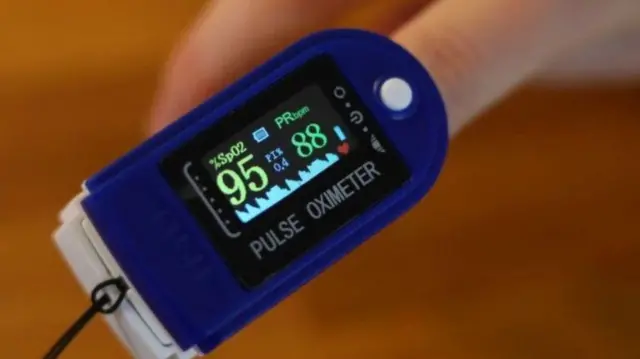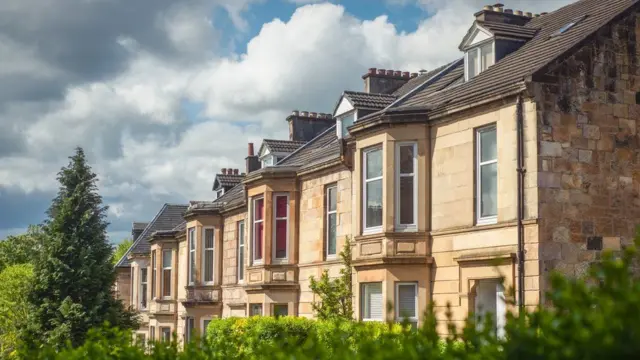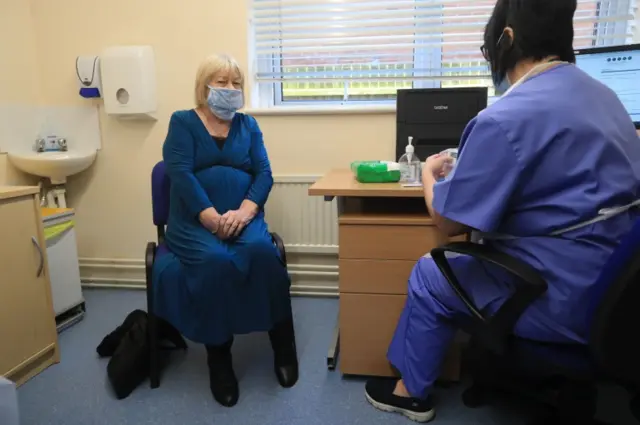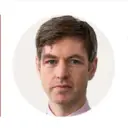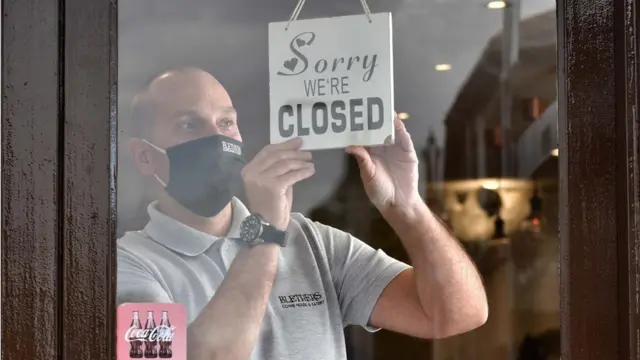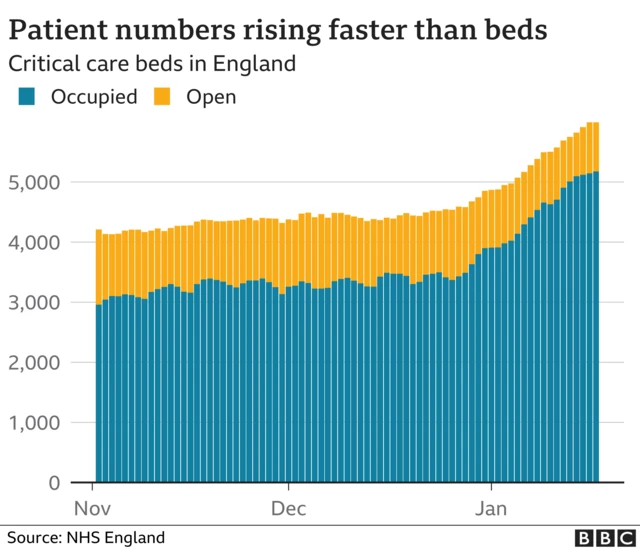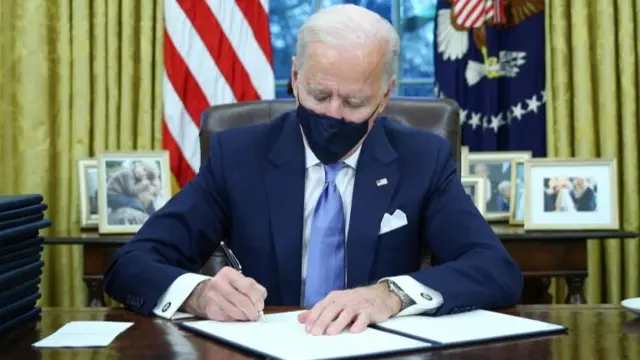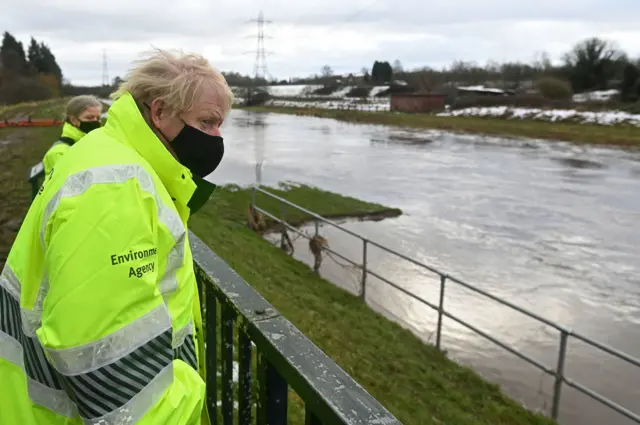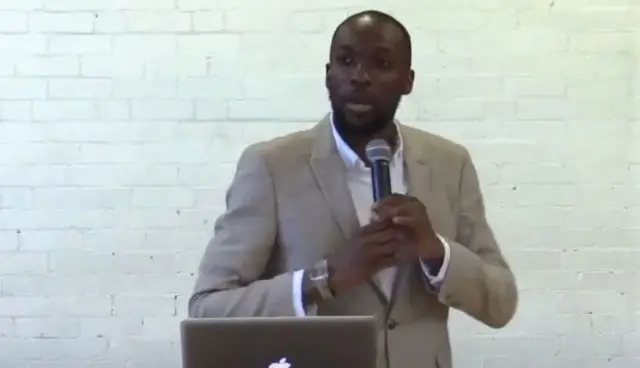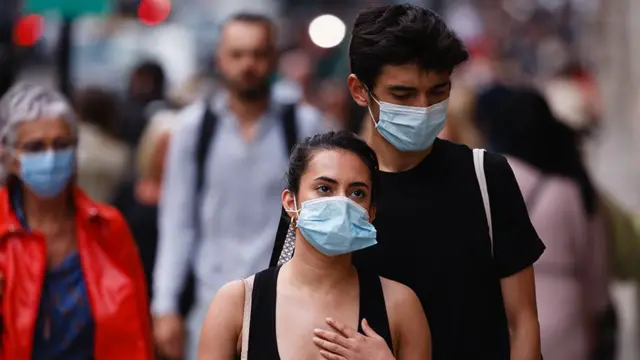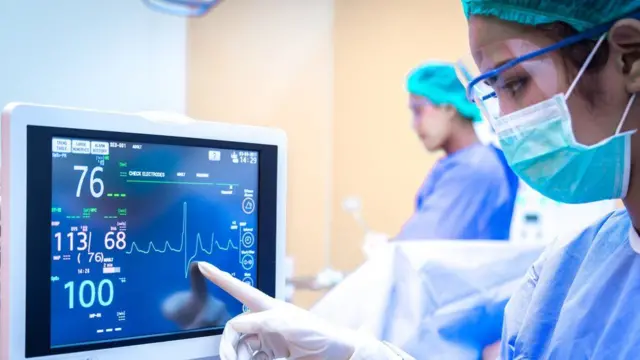What's happening around the world today?published at 13:54 GMT 21 January 2021
If you're just joining us, here's a selection of the day's top coronavirus headlines.
- Nearly two million people in the UK have received their first dose of a Covid vaccine in the past week, government figures show, and the number of vaccinations is going up by around 200 every minute
- However, it is "too early" to say whether England's Covid restrictions will be able to end in the spring, PM Boris Johnson has said
- Glastonbury Festival has been cancelled for a second year running due to the impact of the pandemic
- Schools in England will be given two weeks' notice before reopening, the education secretary has said, but he added he is "not able to exactly say" when pupils will return to class
- Scientists tracking the spread of coronavirus in England say infection levels in the community may have risen at the start of the latest lockdown
- In the US, newly-sworn-in President Joe Biden is set to sign 10 executive orders to boost the fight against Covid, which has ravaged the country
- And finally, Hungary has become the first country in the European Union to give preliminary approval to the Russian coronavirus vaccine, Sputnik V
